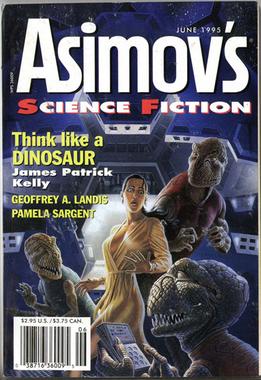I loved this episode. The memory loss plotline worked great, in a classic Trek way. I loved that the rogue Starfleet officer just outright made himself king, as it's such an obvious plot-point for Star Trek, but I feel, at least, like it hasn't been overused, and yet was sufficiently familiar that they didn't have to dwell on it (also the Yeoman to King career trajectory for "Zach" is just funny). I also liked that we finally got an episode that gave every main character something meaningful to do, which I was starting to worry this season might be light on. And, while I liked the last couple episodes well enough, they both suffered from being wells (trial episode and time travel episode) the franchise goes to too often that I could generally do with less of, and it was good to get back to the core idea of the show, which is visiting new worlds with strange sci-fi premises in need of resolution.
I do have mixed feelings about the Ortegas plotline. After season 1 pointedly had no Ortegas-centric episode, having the episode come back from the credits with her log narration, as they typically do with characters for starring episodes in Star Trek, but then having her abruptly get side-lined until the third act, and having her plot line ultimately resolve with renewed enthusiasm for just being the person who drives the ship seemed like some sort of weird meta-commentary on the character, that I can't quite parse.
It also felt a little too conveniently tied up at the end, with a quite remarkable lack of long-term side effects.
I mean that's just the nature of the beast with episodic Trek. It's easily the weakest part of its storytelling, but its the price you pay to have a totally new adventure next week, and to not have plot-lines drag on for 10 episodes. Star Trek is a wrap everything up in a nice bow at the 52 minute mark franchise at heart, and there's a long history of those wrap ups being comically convenient.
And honestly, I think it's part of why serialized Trek has been such a mixed bag, because a franchise where every problem can traditionally be neatly solved with arbitrary techno-magic in time for the closing credits just isn't particularly fertile grounds for ongoing narratives with sufficient weight to justify the eight hour epic treatment.



